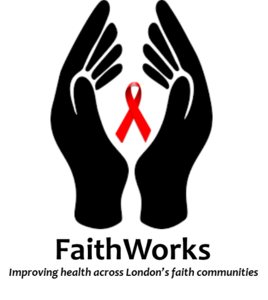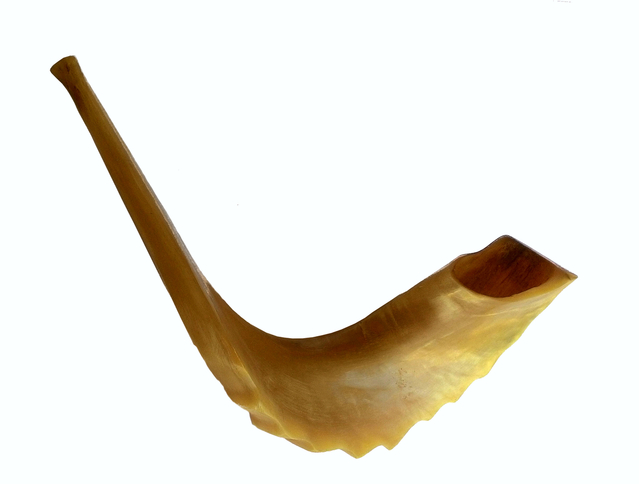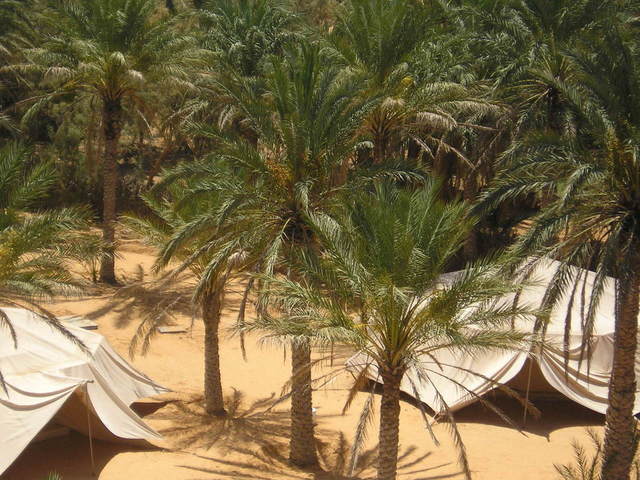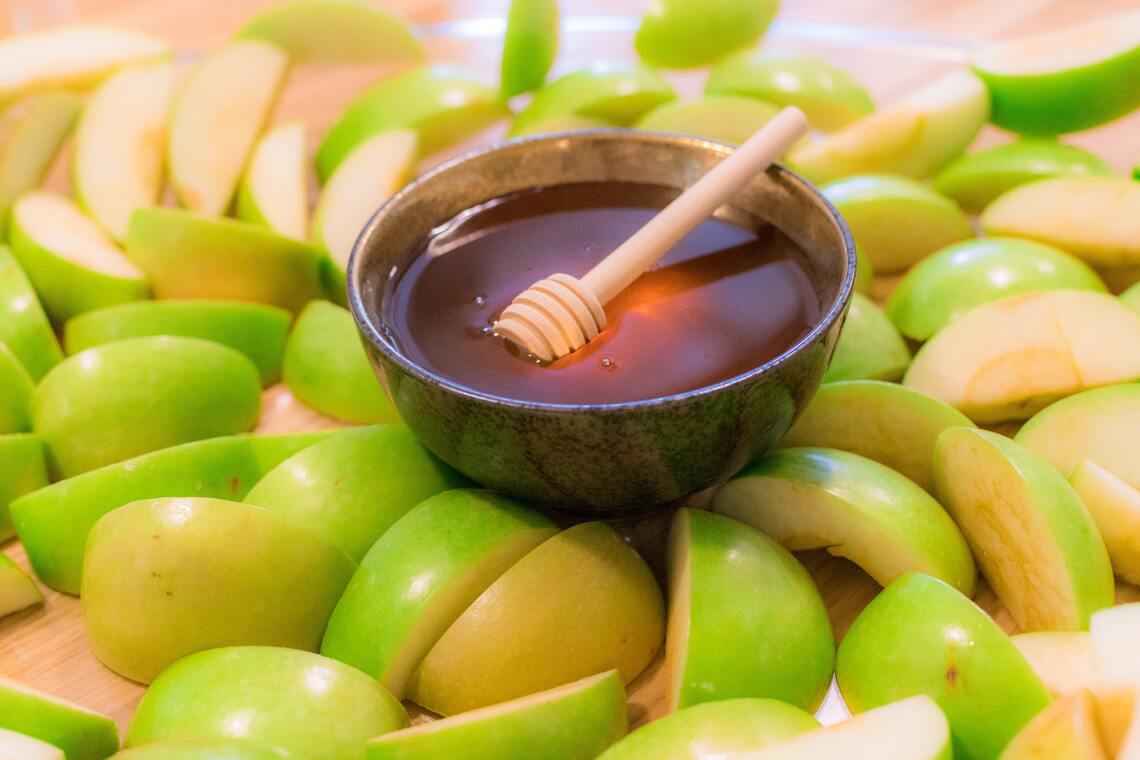Rosh Hashannah, Jewish New Year, is a time of reflection and contemplation. Reflection upon our actions over the past year, and contemplation as to how we can engage in self-improvement in the coming year.
It is not, however, a time solely for self-reflection. Jewish tradition commands that we work towards Tikkun Olam (repair of the world) for the benefit of all humanity and all creation. Rosh Hashannah remembers the completion of G-d’s creation. Interestingly, however, tradition teaches us that creation was left slightly imperfect – humanity being tasked with completing the perfection. Thus the concept of Tikkun Olam.
On Rosh Hashannah the shofar is sounded – to awaken our souls and encourage us to engage in teshuvah (repentance),teffilah (prayer) and tzedakah (charity) – for ourselves, our community and the whole of humanity.
Let us examine those three concepts, so central to Rosh Hashannah and Yom Kippur (the fast day which follows 10 days later).
Teshuvah is usually translated as ‘repentance’ but its etymology is rooted in the word ‘shuv’ which means ‘return’. This provides us with an exhortation to return to the essence of the human experience – gratitude for our existence; delight in the world around us; recognition that none of us is perfect; and establishing positive relationships with all our fellow human beings. It is simultaneously about the individual and the collective.
Teffilah has the English translation of ‘prayer’. However, the root ‘palel’, can also be used to indicate ‘thinking’ or ‘reflection’. Furthermore, it can mean ‘to execute judgement’. On Rosh Hashannah, Judaism teaches that all of us should reflect carefully on our own actions and consider how to conduct ourselves better in the coming year. And it is also declared to be the day on which all of creation stand before G-d’s judgement (“hayom ya’amid bamishpat” – recited after every set of shofar blasts). This sophisticated relationship between self-reflection, recognising one’s tiny role in the breadth of creation and being humble before G-d helps us to remember that our own destiny is intrinsically linked to that of our community and all creation.
Tzedakah, charity, in Judaism is about significantly more than handing money over to a worthy cause. Whilst that is, of course, not discouraged (and there is guidance about what proportion one should donate financially) there is a much broader understanding of the term. Showing kindness (chesed) is paramount within the Jewish tradition of charity – no person should be left alone, isolated or without a place to eat.
Which brings us to the Torah reading on the first day of Rosh Hashannah. The main story is of the binding of Isaac and Abraham’s willingness to sacrifice his son. However, I would draw the reader’s attention to the biblical telling of the establishment of Be’er Sheva (a place which exists to this day).
Despite having been in dispute with Abimelech over a watering hole, Abraham reached out to him to make a covenant – an understanding that living together in harmony was better than being in dispute. At that site Be’er Sheva was founded and an ‘eshel’ was planted.
There is much discussion about the interpretation of ‘eshel’ though one theme is consistent throughout – namely that Abraham’s intention was to establish a place of hospitality for all who may come there. Many renowned scholars have commented that the word is formed of an acrostic for the three words meaning ‘food’, ‘drink’ and ‘lodging’.
Why would this be a vital reading for Rosh Hashannah when the headline news was about Abraham coming close to sacrificing his son?!
For us, it is simple. It is to remember that the primary responsibility of all people is to act with kindness and hospitality. Following G-d’s commandments is important. But establishing positive relationships, extending a hand of friendship and welcoming all into one’s care is the root of all mitzvot and, most certainly, the way in which we achieve tikkun olam and assure ourselves of a worthy judgement.
We wish all of our friends in the Jewish community and beyond a Shannah Tovah U’Metukah – a Happy and Sweet New Year.



